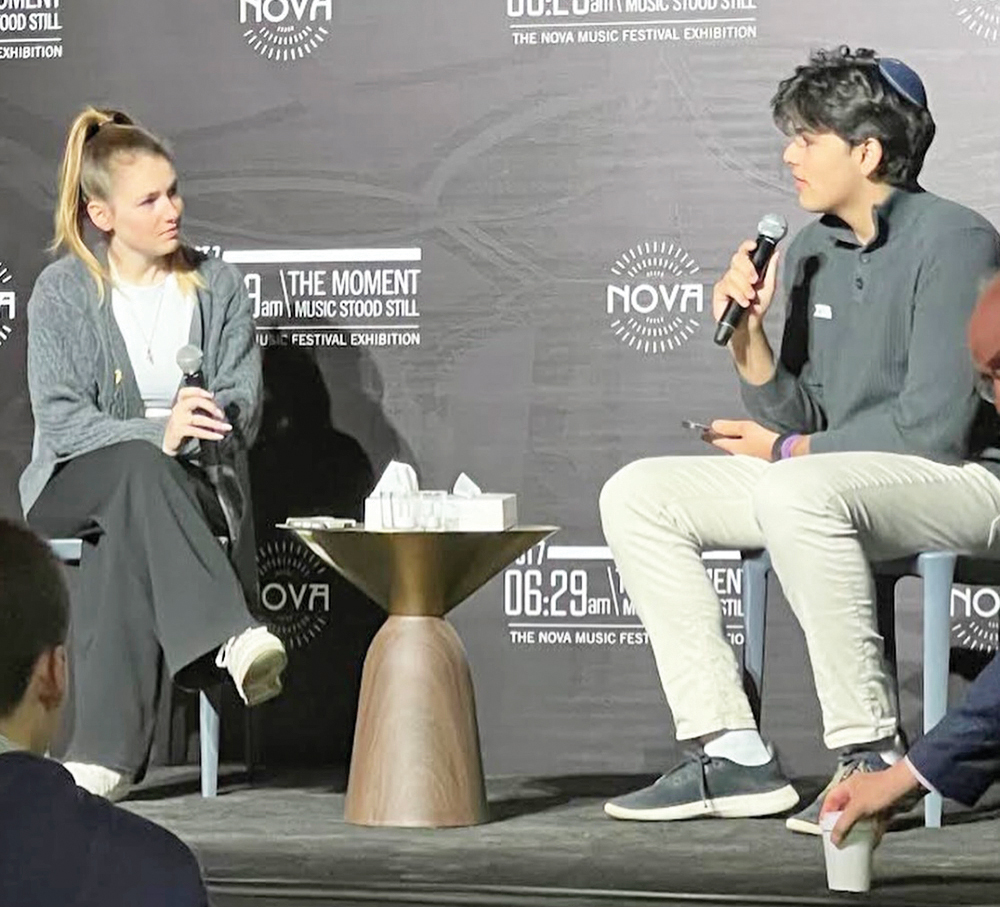The title of this column is not a riddle. On Jeopardy! it would be the correct response to “They evidently read George Friedman’s blog at Arbitration Resolution Services.” Three times in recent months, I have blogged about the above cast of characters, and urged or predicted that they take corrective action. First A-Rod, then the National Labor Relations Board—and now General Mills—have acted more or less as I stated they should or would in my blog. I don’t really know whether I had anything to do with it, but I like to think I played a small part.
What follows is not one of my usual humorous observations on life. As a member of the bar, I am required to do pro bono publico (literally, “for the public good”) work. So, given the number of folks who heard about the General Mills arbitration problem and who knew I spent my entire career in the arbitration field and asked me to explain what happened, I thought I would offer this guide to the story as a public service to my readers. I’m not sure bar authorities will count this, but let’s try.
What General Mills Problem?
What, you ask, is “the General Mills Arbitration Problem”? A couple of weeks ago I blogged about a new policy adopted by General Mills by which consumers, by engaging in activities such as downloading a recipe, or participating in a contest, or “liking” the firm on Facebook, would unwittingly be agreeing to arbitrate. I wrote that the arbitration clause was buried under two levels of dense text in the Terms of Use. I pointed out that the strong federal policy in favor of arbitration rests on the assumption of an agreement to arbitrate. I likened the tactic of hiding the arbitration agreement from the consumer as arbitration’s version of the “Hidden Ball Trick,” where a fielder hides the fact that he has the baseball and eventually slaps a tag on an unwitting runner as he takes a lead off the base. The look of bewilderment on the base runner’s face is usually priceless. Finally, I dubbed General Mills’ new policy the “Hidden Arbitration Clause Trick.”
As the unwitting consumer engages in what’s normally a benign act—for example “liking” a company on Facebook, clicking on terms of service, or entering an online contest—the company slaps a tag on them with a hidden pre-dispute arbitration agreement. I closed by urging that something be done: “When we reach adulthood, we attain the legal right to make decisions. But allowing consumers to unwittingly agree to arbitrate is not fair and should not be allowed. Whether relief for consumers comes from the courts or Congress, in my opinion something needs to be done. Assuring a knowing agreement to arbitrate is a good step.… It’s time to eliminate the “Hidden Arbitration Clause Trick.”
Stepping up to the Plate
It’s probably a coincidence, but a day after my blog post, which was heavily retweeted and I’m pretty sure seen by General Mills, the company, on April 19, stepped up to the plate, posting a notice in its blog that it was rescinding the policy immediately:
We rarely have disputes with consumers—and arbitration would have simply streamlined how complaints are handled. Many companies do the same, and we felt it would be helpful. But consumers didn’t like it. So we’ve reverted back to our prior terms. There’s no mention of arbitration, and the arbitration provisions we had posted were never enforced. Nor will they be. We stipulate for all purposes that our recent Legal Terms have been terminated, that the arbitration provisions are void, and that they are not, and never have been, of any legal effect.
Although it attributed the problem to a misunderstanding, the company apologizes without reservation, stating “On behalf of our company and our brands, we would also like to apologize. We’re sorry we even started down this path. And we do hope you’ll accept our apology.”
Good for them!
Let’s Remember Arbitration is a Good Thing
As General Mills points out, arbitration is a good thing. I said the same thing in my blog posts. “I believe in arbitration. It performs precisely as its proponents say: it is fast, fair, and economical.” My beef was with the secret foisting of arbitration on unwitting consumers. As I said, “To be clear, I am not troubled if the consumer, after getting clear notice of the arbitration agreement, choses to accept it.” I continue to believe arbitration is a much better place than court for consumers, and that given a choice they should opt for arbitration.
Moreover, class action litigation is not the consumer’s best friend, with the typical payout being cents on the dollar or a discount coupon. In arbitration, parties have the opportunity to recover their entire loss. Besides, as General Mills points out, what exactly are customers going to be suing them about? And what kind of class action? Although, come to think of it, I can pinpoint the precise moment I first thought about becoming a lawyer. I was about 12 years old, and was sick and tired of the poor quality of the “free prize inside this box!” stuff they were giving away with cereal. Said I to my friends, “You know, we should get kids together and sue the cereal companies over these crummy prizes!” A putative class action and I didn’t even know what the term meant.
Conclusion
Having been involved in litigation, given a choice, I would opt without fail for agreeing to arbitrate. The benefits of arbitration are many and real, but we must always keep in mind that it rests on a mutual agreement to arbitrate that is clear and unequivocal. So there. But, I still think they should put better prizes in the boxes of cereal.
George Friedman and his wife Ellen are members of Congregation Beth Aaron, and have lived in Teaneck for 37 years. He sits on the Board of Arbitration Resolution Services, the world’s first completely online dispute resolution forum, and has taught arbitration at Fordham Law School since 1996. He is also one of the co-owners of Lose-Win Situation. This column is adapted from one of his recent blog posts.
By George Friedman













